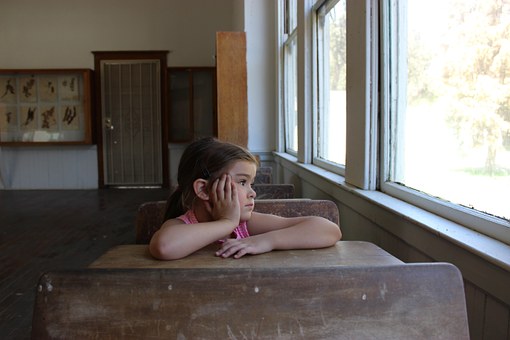he curriculum as an ideological device: A journey through its traditional, critical and post-critical theories
Abstract
There is consensus that student learning
takes place based on what is explicitly
taught during classes. However, it is not
always thought that social relations at school
also affect the learning that is done. From
the point of view of curriculum theory, the
different interactions we see in school settings
are rooted in what is called a hidden
curriculum (Jackson, 1968). However,
what the designers of the curriculum and
the professors decide to exclude, that is the
null curriculum (Eisner, 1998), is no less
important than what they choose to include
explicitly. These choices are based on
ideological factors about which is the most
valuable knowledge. However, the sociological
perspective, within the framework of
traditional, critical and, later, post-critical
theories, leads us to rethink the role of the
hidden curriculum in educational settings.
The new sociology of education, by the
hand of Bernstein (1985), made it clear that
what is taught previously selects, and this
selection has to do with the distribution of
power and social control. In this sense, the
school is not a neutral or egalitarian space in
terms of social classes since ideology plays
a preponderant role in curriculum design
and updating.
Downloads


